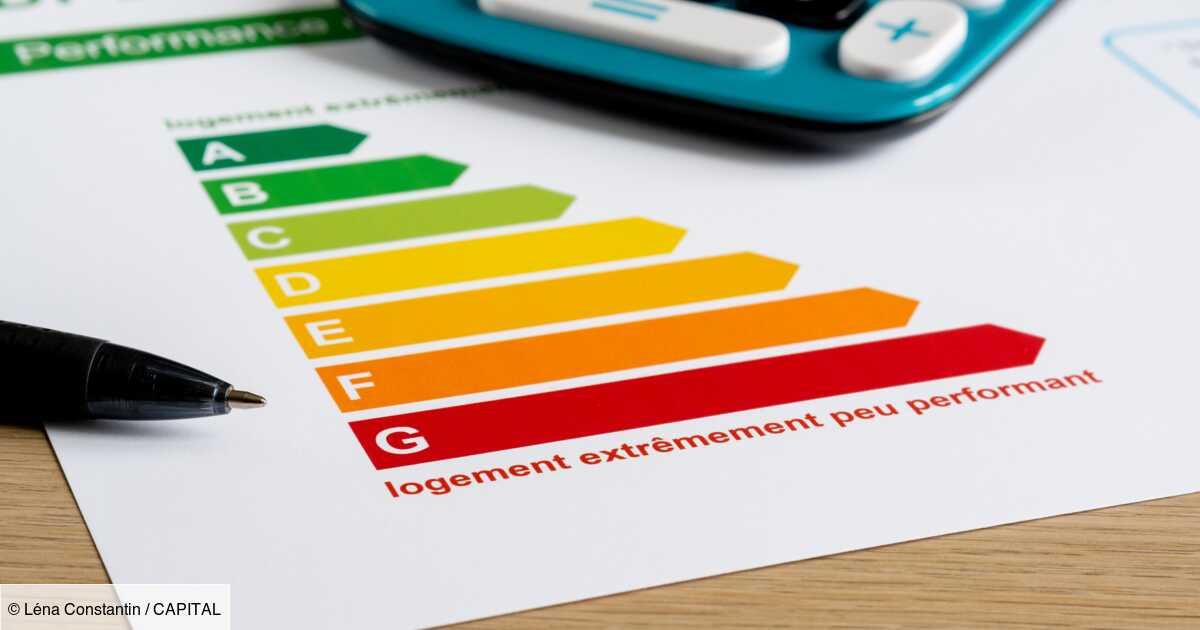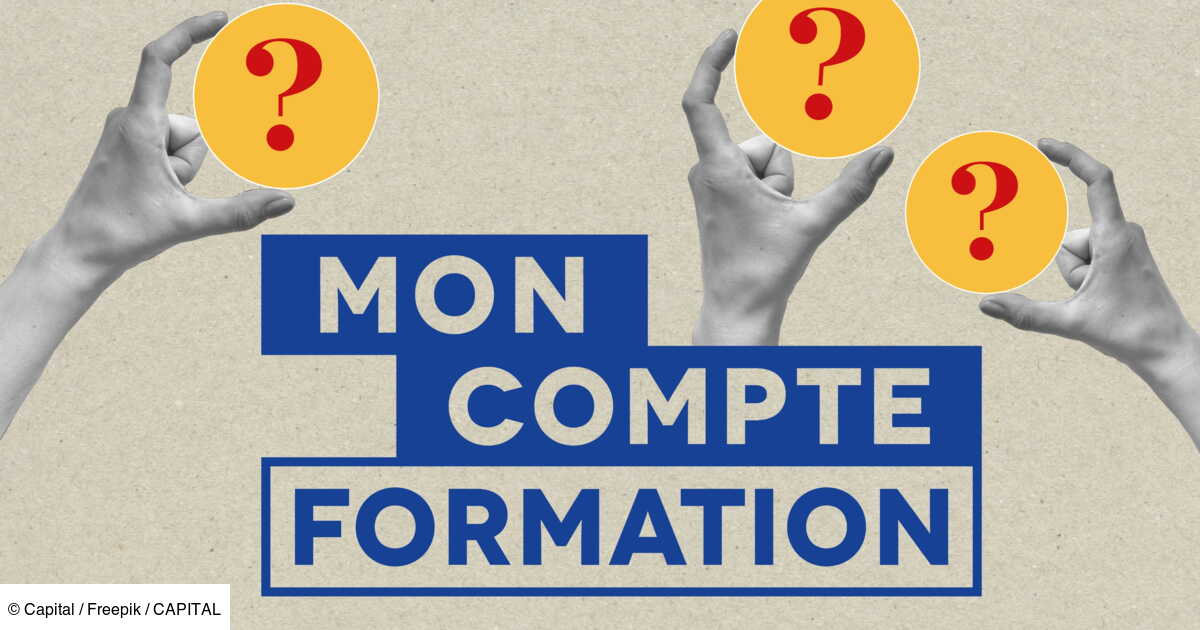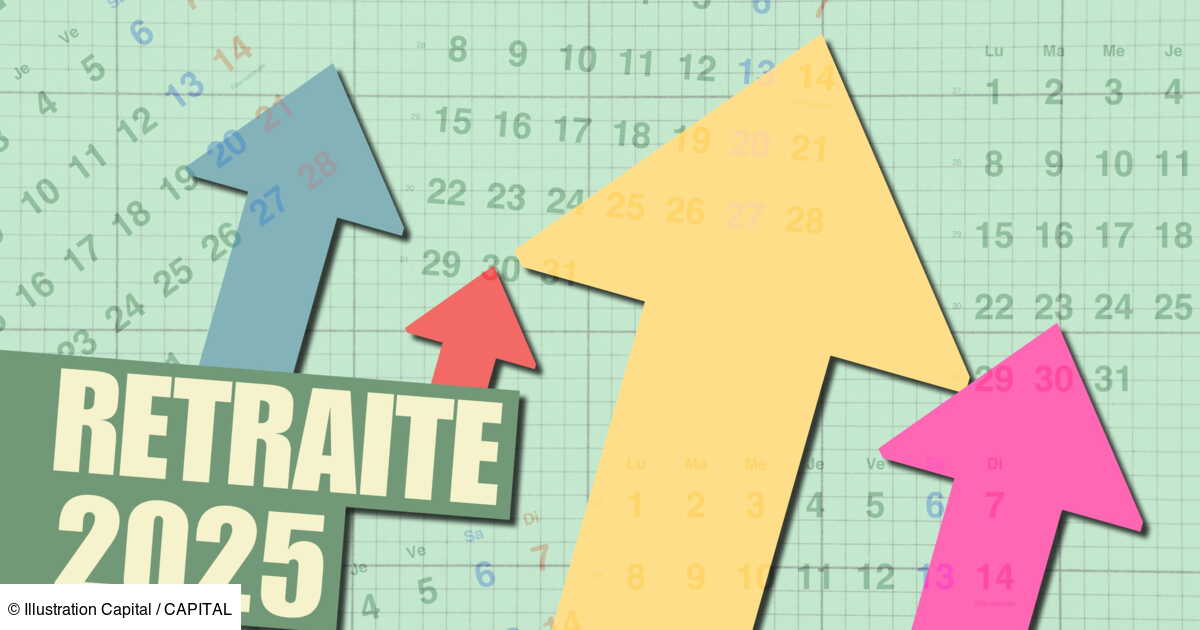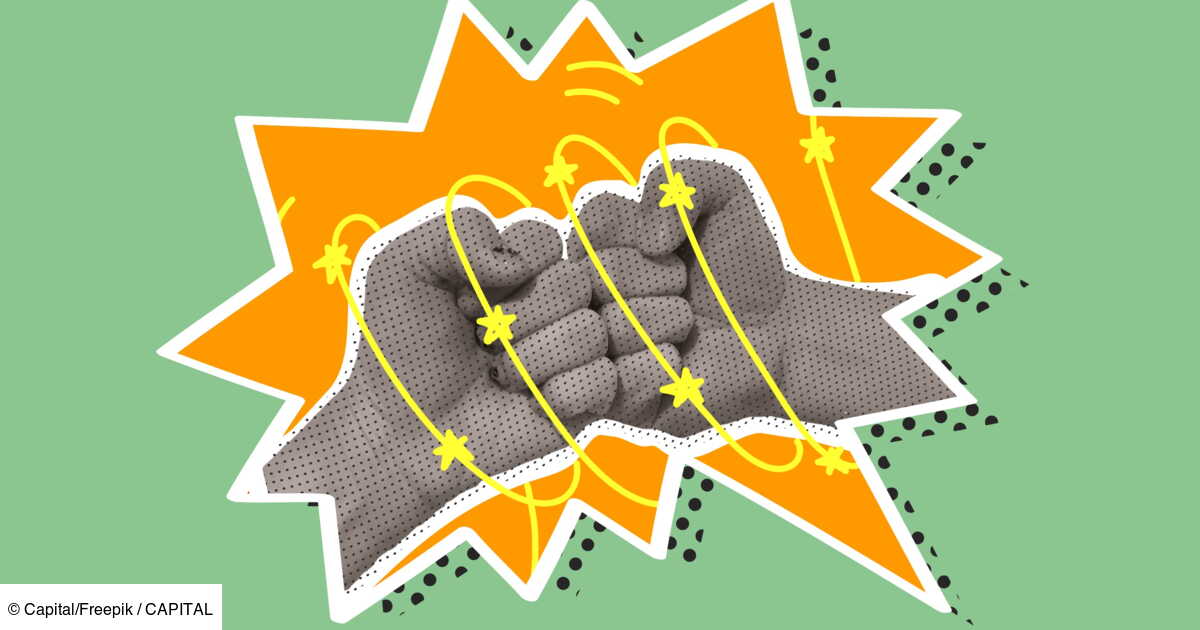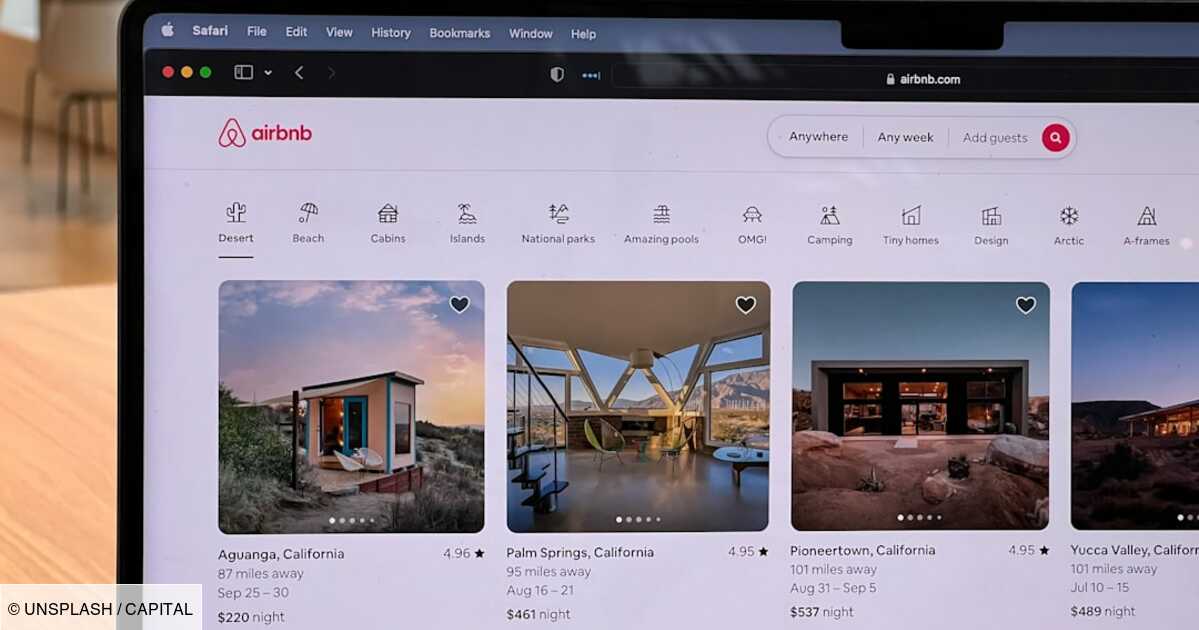
The National Assembly adopted amendments on Saturday which lower the tax deduction for rentals of furnished tourist accommodation, and which make them subject to payment of VAT.
Capital Video: Airbnb rentals: MPs cut their tax allowance and subject them to VAT
© UNSPLASH
– The amendments adopted on Saturday, however, distinguish the case of classified tourist accommodation.
-
To safeguard
Saved
Receive alerts Airbnb
The vein of so-called Airbnb rentals should prove much less interesting next year. Saturday October 26, the National Assembly adopted two identical amendments to the finance bill for 2025, the 1919 of MP Annaïg Le Meur (Together for the Republic) and the 2499 of his colleague Inaki Echaniz (Socialists), who lowered, from 50% to 30%, tax relief on the rental income from which furnished tourist accommodation benefits. “This (tax) niche contributes to drying up the number of properties available for long-term rental”believe the two deputies. Housing rented bare indeed benefits from a reduction of only 30%.
The amendments adopted on Saturday, however, distinguish the case of classified tourist furnished accommodationthat is to say presenting particular criteria of comfort, of that of the unclassified. For classified furnished accommodation, the tax reduction is lowered to 30% with rental income capped at 30,000 euros, compared to 15,000 euros for unclassified accommodation. “This provision aims to maintain an incentive in favor of classification, in order to support the move upmarket of accommodation intended for tourist rental”explain the two parliamentarians. Furthermore, classified tourist accommodation located in rural areas or in winter sports resorts will benefit, in addition to the 30% reduction, froman additional reduction of 41%provided that the rental income does not exceed 50,000 euros. Indeed, in rural areas as in ski resorts, the rental of furnished tourist accommodation does not compete with long-term rental, with few people living there all year round.
Tourist rental: the “anti-Airbnb” bill returns to Parliament on October 28
Anti-Airbnb bill back in Parliament
For the record, on October 23 the National Assembly adopted an amendment increasing the tax reduction for bare rental from 30% to 50%. This is therefore now at an advantage over the rental of furnished tourist accommodation, provided that all these amendments appear in the final version of the finance law for 2025. This is not guaranteed because the government, likely to move on from the vote of parliamentarians on the 2025 budget using article 49.3 of the Constitution, would prefer a one-off tax reduction of 40%, for the rental of furnished tourist accommodation as well as for bare rental.
The fact remains that these amendments take up article 3 of the “anti-Airbnb” bill (PPL) by Annaïg Le Meur and Inaki Echaniz, on which deputies and senators will have to find a compromise during their joint committee on October 28. If the amendments were not retained in the PLF, the proposed PPL law could set in stone these provisions in favor of long-term bare rental.
Airbnb rental: increased taxation in the event of sale of accommodation
Airbnb rental subject to VAT
For the moment, in any case, bare rental is all the more advantageous since two other amendments adopted on October 26, the 1823 and the 2544supported by socialist deputies, subject the rental of furnished tourist accommodation to value added tax (VAT), unless the property is the principal residence of the lessor. Concretely, tenants will have to pay VAT, which will increase the rental cost. “Making (furnished tourist accommodation) subject to VAT constitutes a means of reducing the economic attractiveness of this activity when it immobilizes accommodation which could otherwise be put on the rental market or sold to a first-time buyer”explain the socialist deputies.
For them, “it is undeniable that the provision of furnished tourist accommodation, for accommodation which does not constitute the main residence of the lessor, has become an economic activity in its own right, whose lucrativeness leads to unfair competition compared to long-term furnished rentals and especially compared to bare rentals. This reality contributes to amplifying the housing crisis in tense areas”.
Receive our latest news
Every week your appointment with real estate news.




